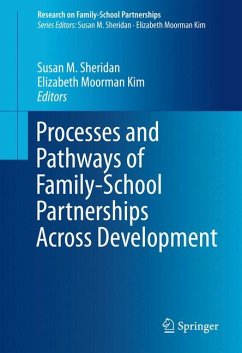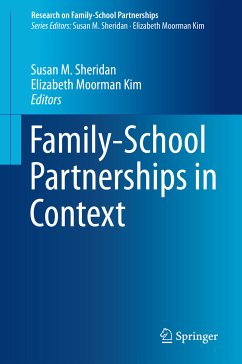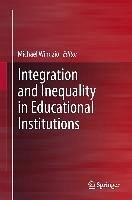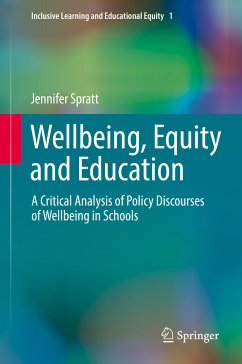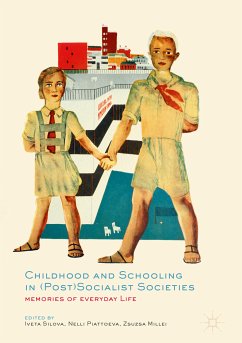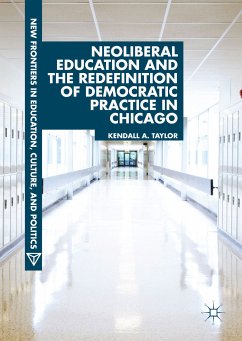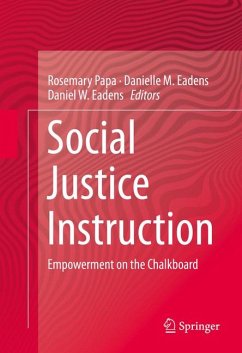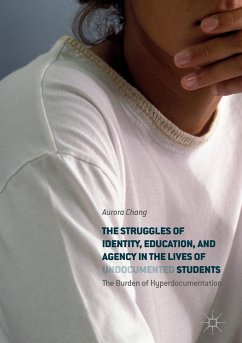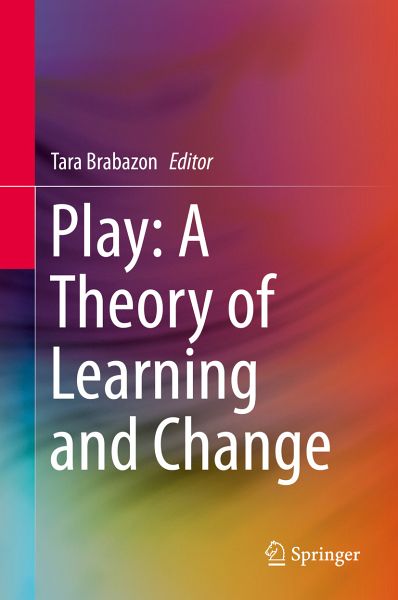
Play: A Theory of Learning and Change (eBook, PDF)
Versandkostenfrei!
Sofort per Download lieferbar
72,95 €
inkl. MwSt.
Weitere Ausgaben:

PAYBACK Punkte
36 °P sammeln!
This book examines the question of why 'play' is a happy and benevolent verb in childhood, yet a subjective label of behaviour in adulthood. It studies the transformation of the positively labelled term 'child's play', used to refer to our early years, into an aberrance or deviation from normal social relationships in later life, when we speak of playing up or playing around. It answers the question by proposing play as a theory of learning, an ideology that circumscribes behaviour, and a way of thinking. Written by scholars of early childhood through to further and higher education, the book ...
This book examines the question of why 'play' is a happy and benevolent verb in childhood, yet a subjective label of behaviour in adulthood. It studies the transformation of the positively labelled term 'child's play', used to refer to our early years, into an aberrance or deviation from normal social relationships in later life, when we speak of playing up or playing around. It answers the question by proposing play as a theory of learning, an ideology that circumscribes behaviour, and a way of thinking. Written by scholars of early childhood through to further and higher education, the book presents research on play enacted in a way that arches beyond the specificity of age groups or predictive, normative patterns. It is international in its focus, moving beyond insular, inward and parochial educational standards and limitations in one city, province, state or nation. Finally, it demonstrates the value of play to educational policy and theories of learning.
Dieser Download kann aus rechtlichen Gründen nur mit Rechnungsadresse in A, B, BG, CY, CZ, D, DK, EW, E, FIN, F, GR, HR, H, IRL, I, LT, L, LR, M, NL, PL, P, R, S, SLO, SK ausgeliefert werden.



